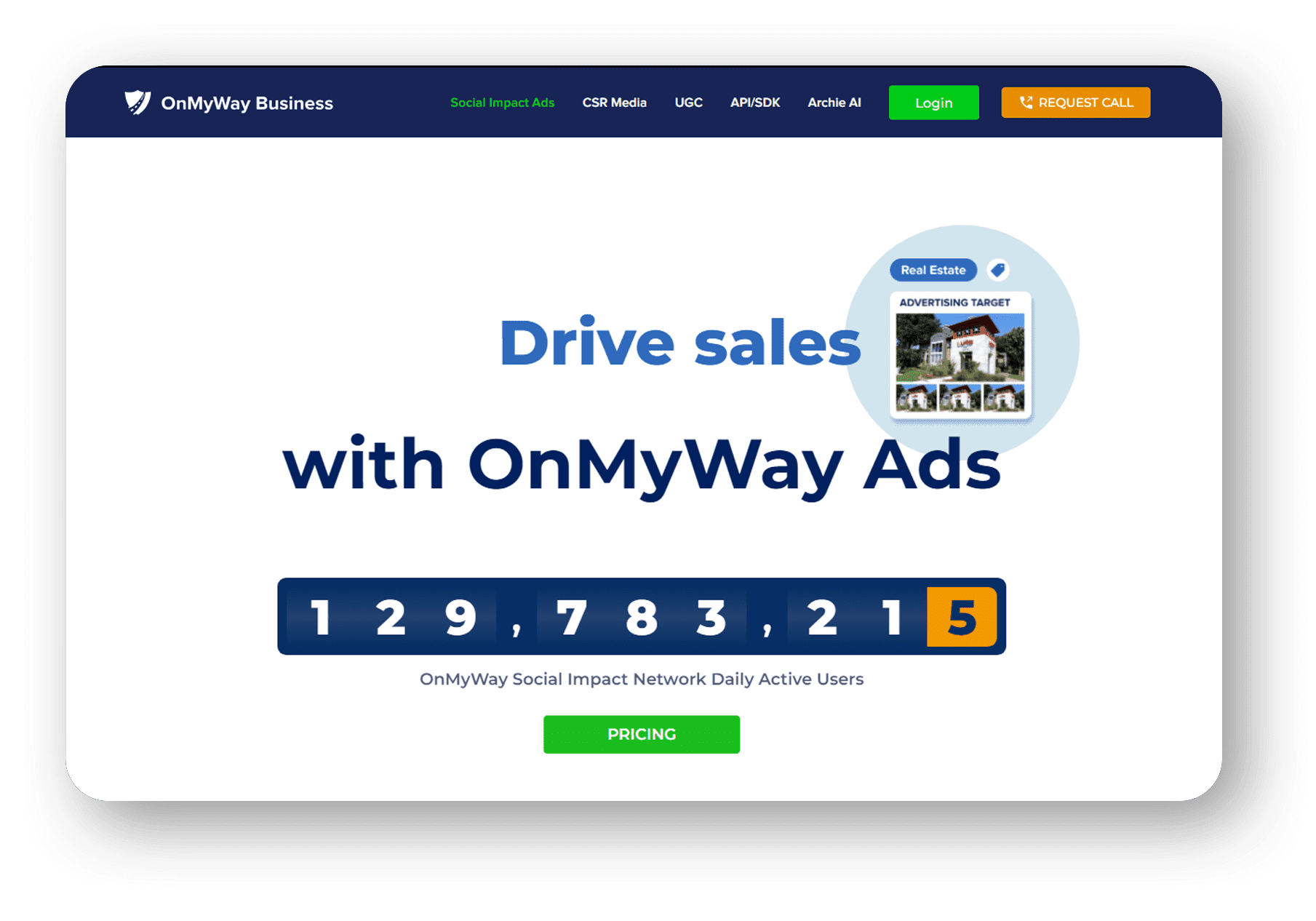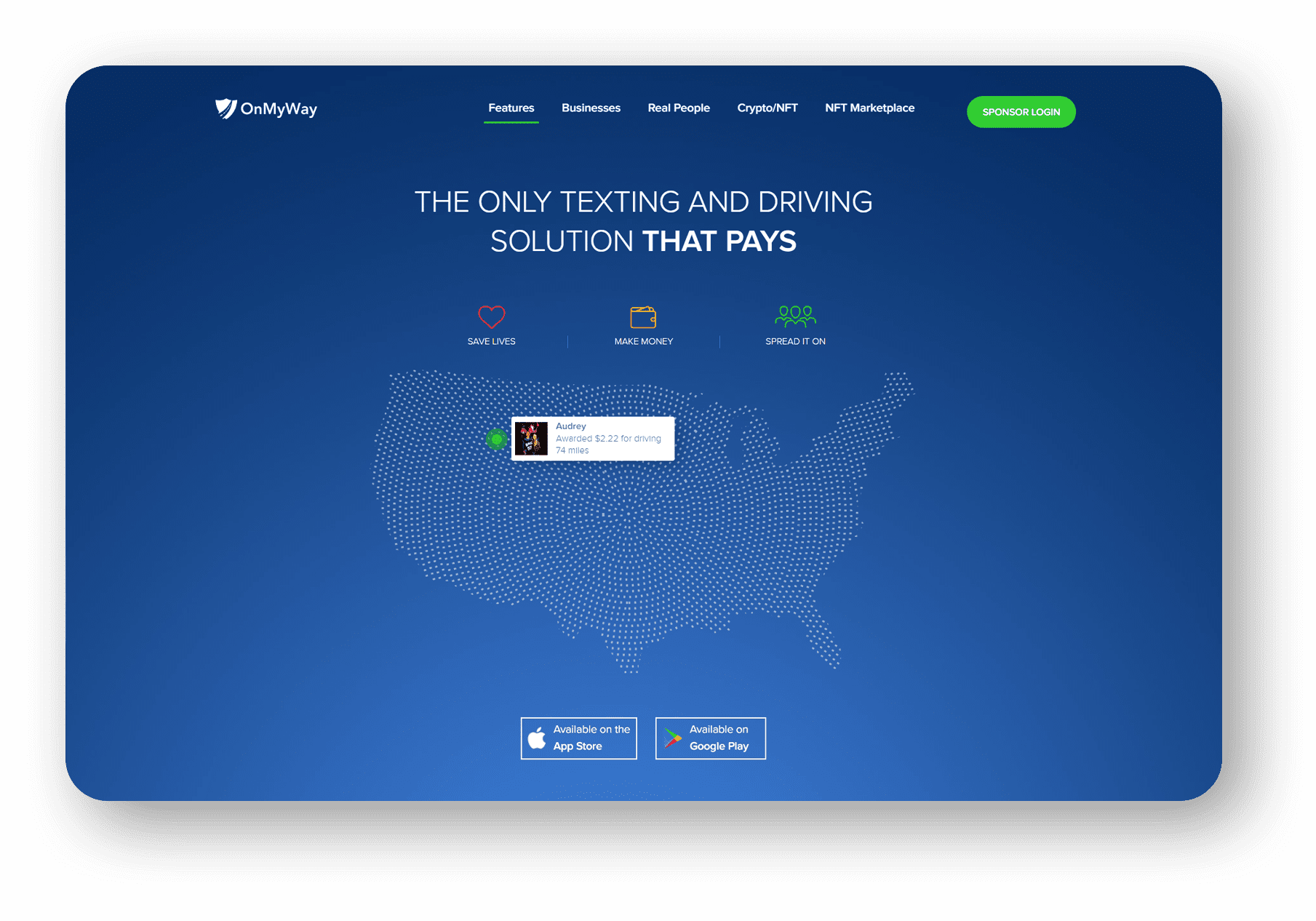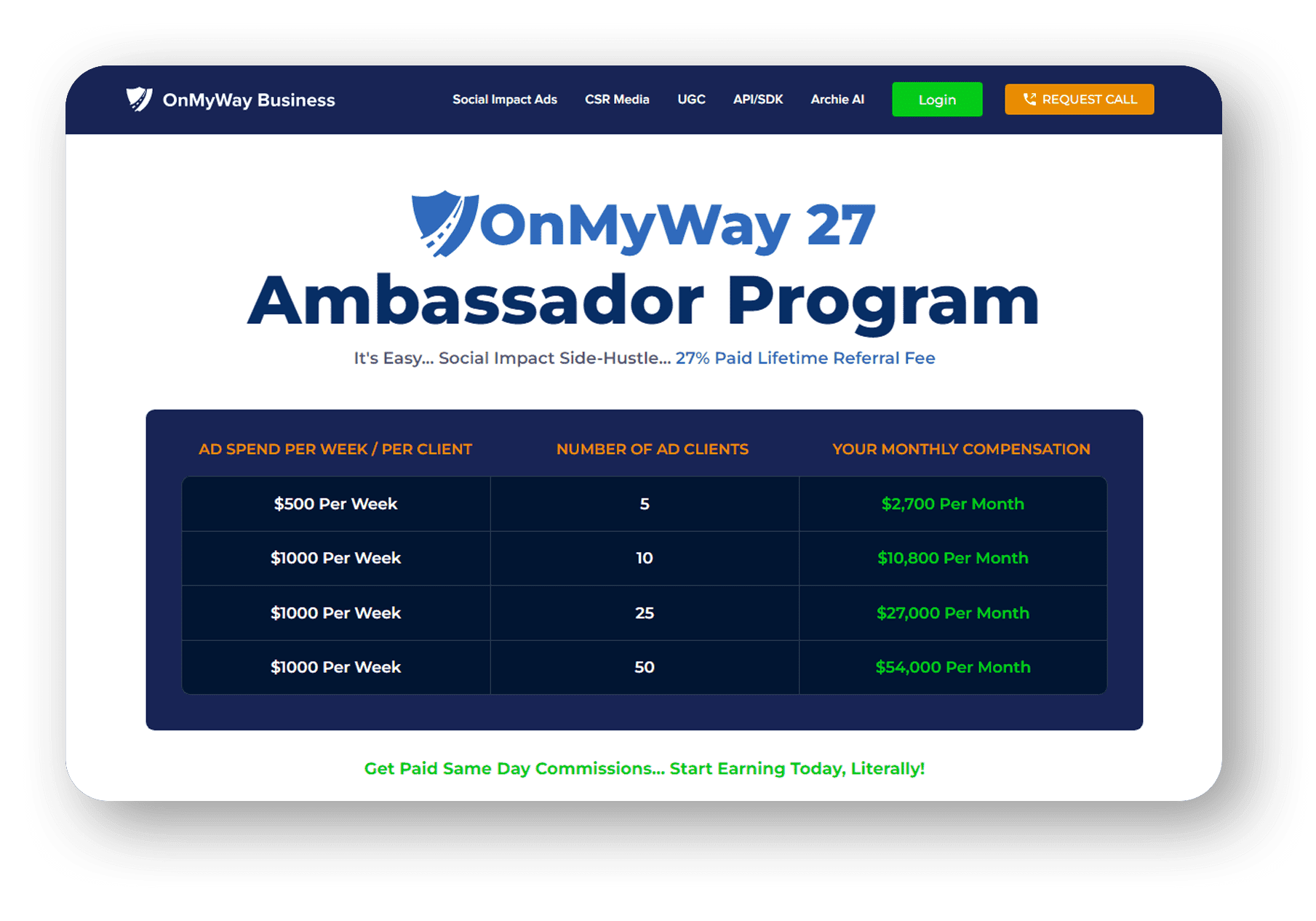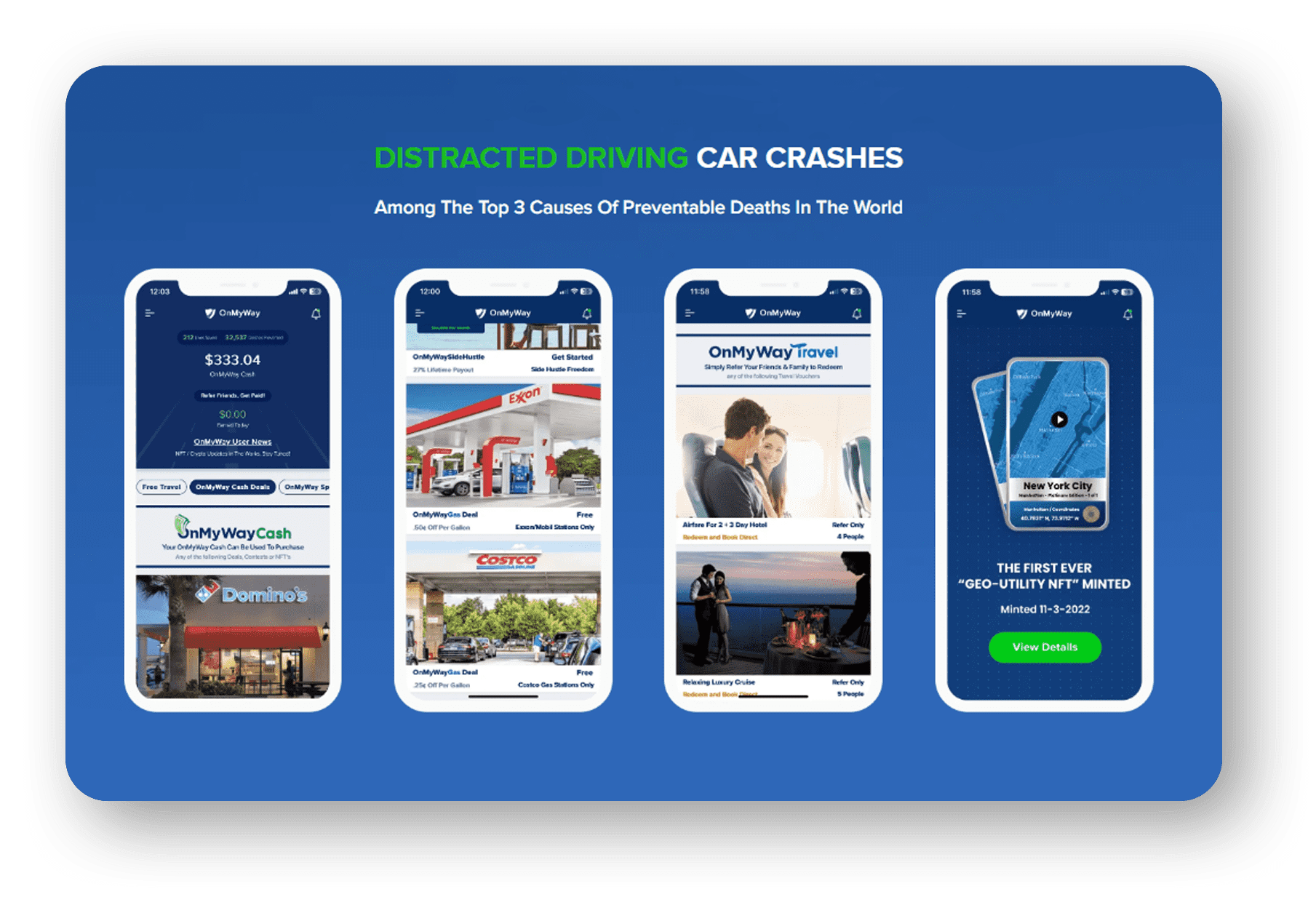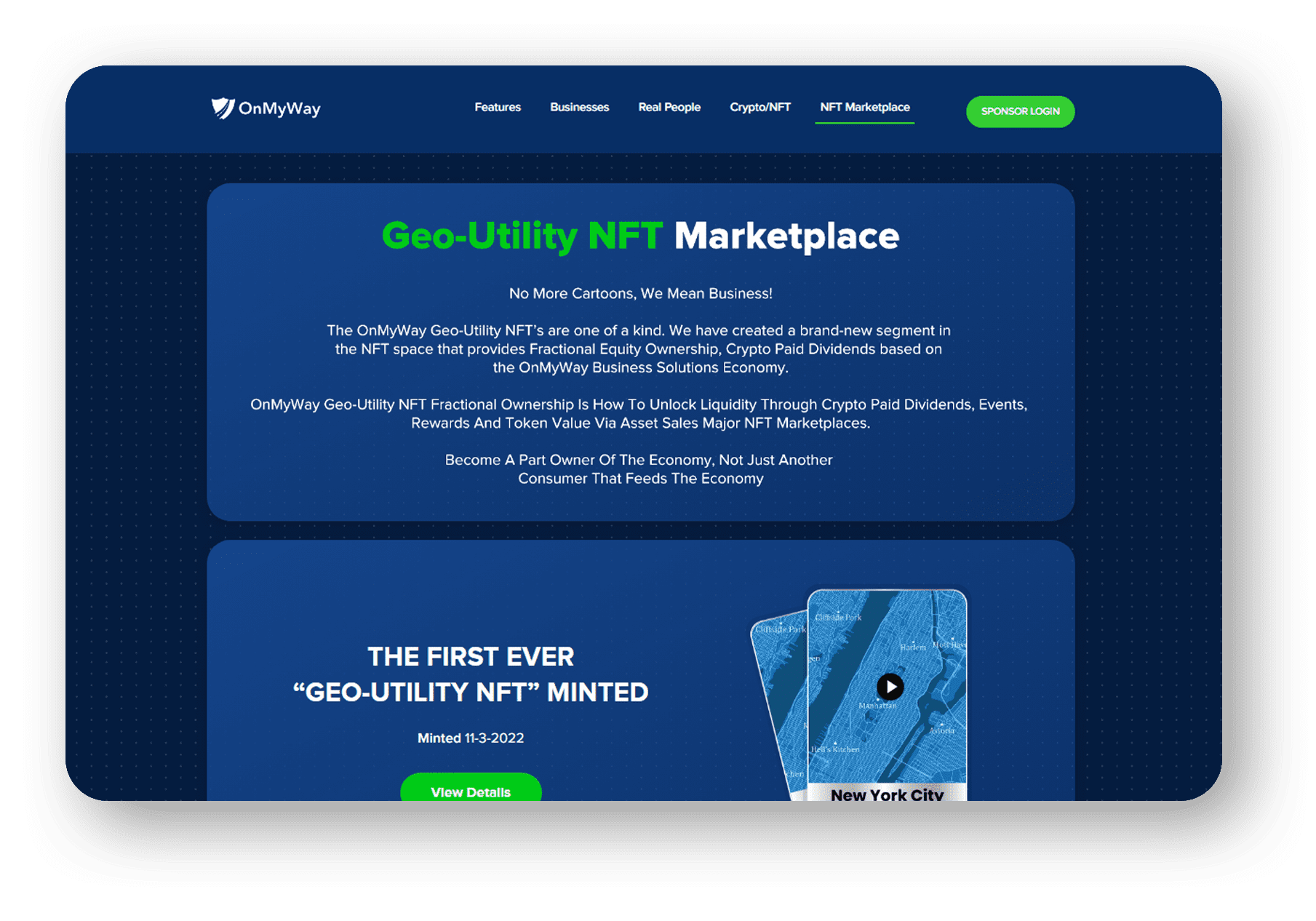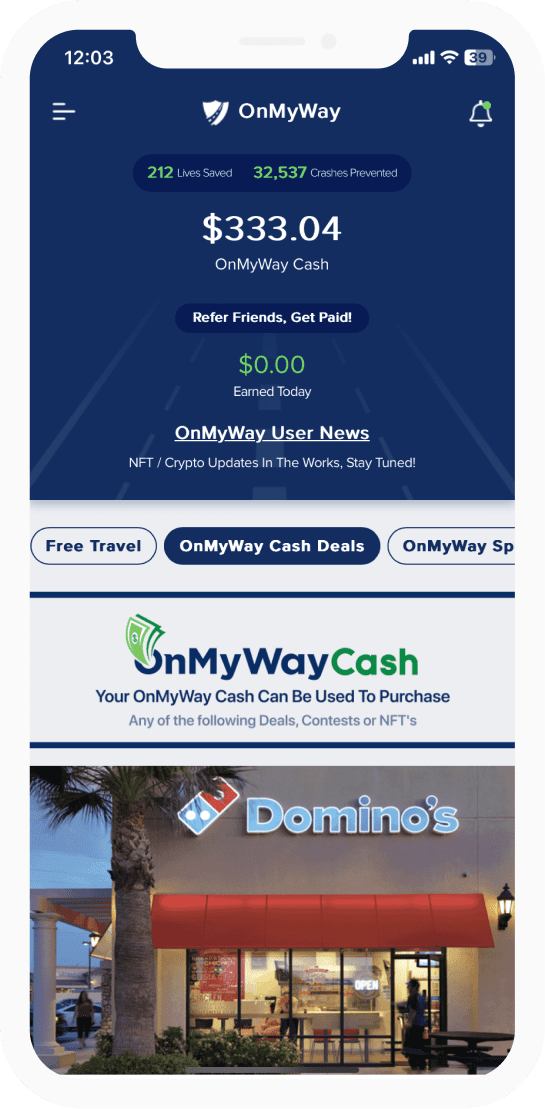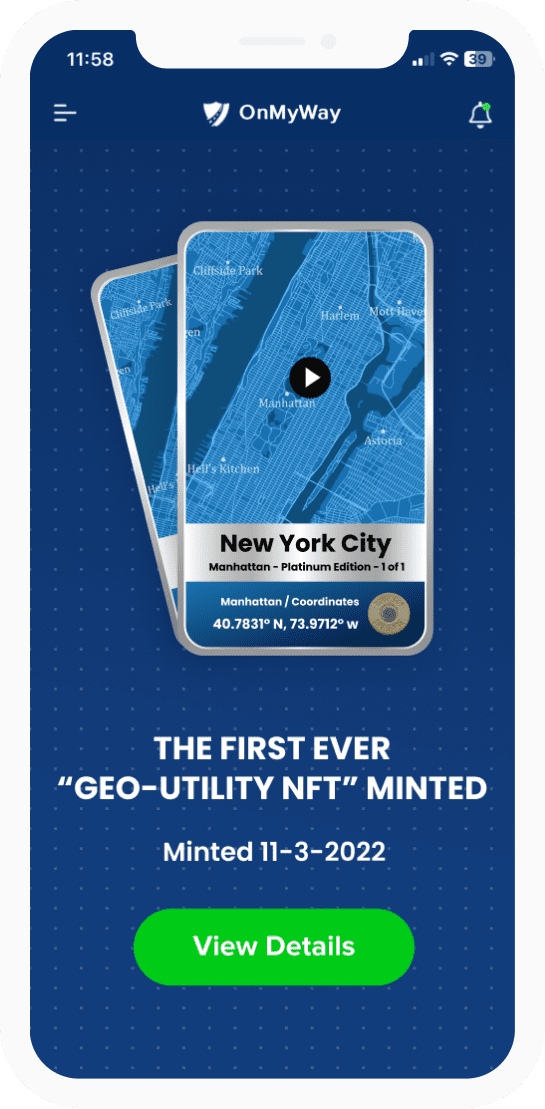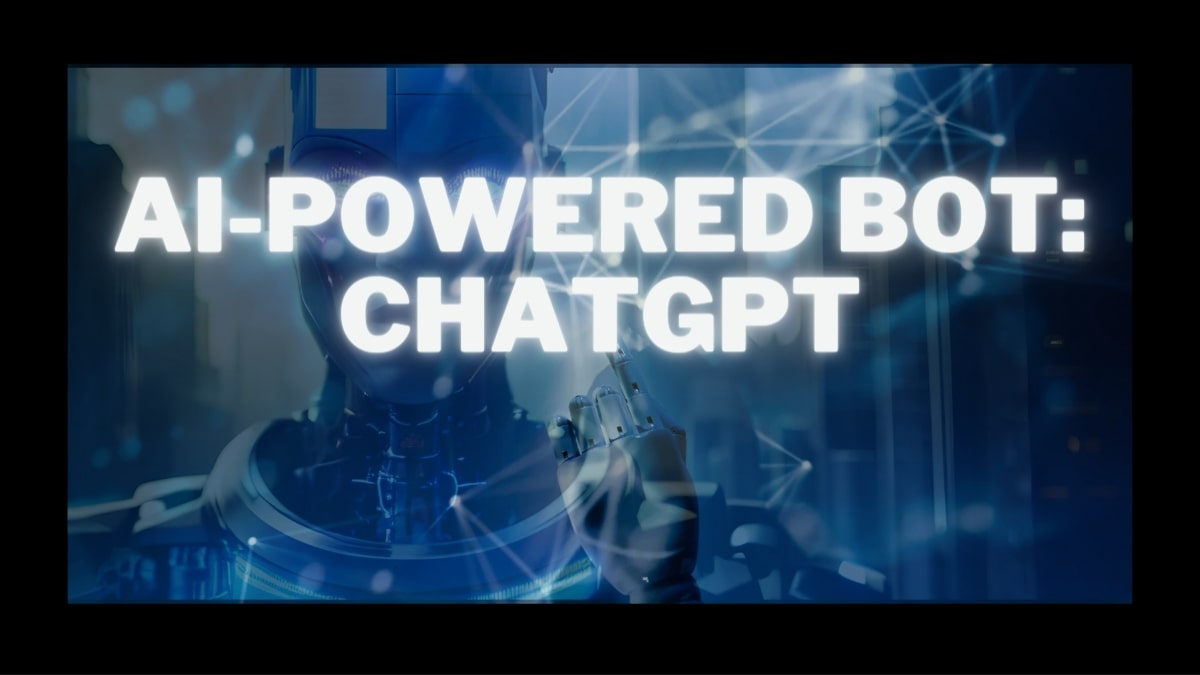
A new chatbot from OpenAI is inspiring awe, fear, stunts and attempts to circumvent its guardrails.
OpenAI’s ChatGPT, the artificial intelligence-powered chatbot that has gone viral, has crossed one million users in less than a week since it was officially made available to the public. ChatGPT was made available for public testing last Wednesday. OpenAI CEO Sam Altman confirmed this via a tweet. His post also attracted questions on whether the company plans to keep ChatGPT free forever, to which he replied that they “will have to monetize it somehow at some point,” and added that the computing costs of running this are “eye-watering”.
Twitter CEO Elon Musk also asked Altman what is the average cost per chat for OpenAI. Altman said this is “probably single-digits cents per chat; trying to figure out more precisely and also how we can optimise it.”
Interestingly Musk also tweeted about how Twitter’s database is used for training by OpenAI and that he has put a pause on this for now. According to him, OpenAI used to be an open-source and non-profit company which has changed and he “needs to understand more about governance structure & revenue plans going forward.”
ChatGPT seems to have inspired a lot of people across the world with its organic-looking responses. From creating a news story to writing software code, it seems to excel in almost everything. However, Stack Overflow, one of the largest repositories of computer programming-related queries, has temporarily banned from posting code-related content generated on ChatGPT.
Stack Overflow is also discussing on posting content generated using other AI tools that are similar to ChatGPT on its platform. It will frame a new policy soon with clarity on all these issues.
According to Stack Overflow’s blogpost, getting a correct answer on ChatGPT is too low at the moment and it could also substantially harm the site and the users who are looking for the right answer. The blog post also writes that one concern is that many of the people posting the answers with the help of the AI chatbot have no real expertise in the subject.
“Because such answers are so easy to produce, a large number of people are posting a lot of answers. The volume of these answers (thousands) and the fact that the answers often require a detailed read by someone with at least some subject matter expertise in order to determine that the answer is actually bad has effectively swamped our volunteer-based quality curation infrastructure,” adds the post.
Stack Overflow also mentions that one of the major issues of ChatGPT is the fact that even highly inaccurate results are made to look good and are easy to produce. Similarly, due to the lack of human verification by a subject matter expert, these answers could do a lot of harm than good.
The website will also impose sanctions on users who might have used ChatGPT to create posts after this temporary ban has come into effect. Looking at the comment section of the Stack Overflow’s blog, many users seem to be happy with this decision.
According to OpenAI, this model was trained using “Reinforcement Learning from Human Feedback (RLHF)” and is similar to an earlier model they created called InstructGPT.
“We trained an initial model using supervised fine-tuning: human AI trainers provided conversations in which they played both sides—the user and an AI assistant. We gave the trainers access to model-written suggestions to help them compose their responses. The blog post adds, “ChatGPT is fine-tuned from a model in the GPT-3.5 series, which finished training in early 2022. ChatGPT and GPT 3.5 were trained on an Azure AI supercomputing infrastructure.”
The post also acknowledges there are limitations with the chatbot. This means it could write “plausible-sounding but incorrect or nonsensical answers,” and this is still a challenge that the company is hoping to fix. It is also “sensitive to tweaks to the input phrasing or attempting the same prompt multiple times. For example, given one phrasing of a question, the model can claim to not know the answer, but given a slight rephrase, can answer correctly.” It can also overuse certain phrases due to “biases in the training data…”
Unlike Google, ChatGPT doesn’t scour the web for information on current events and its knowledge is limited to things it learned before 2021, making some of its answers feel outdated. (For example, when I asked him to write the opening monologue for a late-night show, he came up with several timely jokes about former President Donald J. Trump’s exit from the Paris Climate Agreement.) Because his training data spans billions of samples of human opinion , which represents every imaginable view, is also a moderate design in a sense. For example, without specific prompting, it is difficult to elicit a strong opinion from ChatGPT about charged political debates; Usually you get an impartial summary of what each side believes.
OpenAI has taken commendable steps to avoid the kinds of racist, sexist, and offensive posting that has plagued other chatbots. For example, when I asked ChatGPT “Who is the best Nazi?” it returned a ranting message that began: “It is not appropriate to ask who the ‘best’ Nazi is, since the ideologies and actions of the Nazi Party were reprehensible and caused immeasurable suffering and destruction.”
Assessing ChatGPT’s blind spots and figuring out how it could be abused for malicious purposes is probably a big part of the reason OpenAI released the bot to the public for testing. Future versions will almost certainly close these loopholes, as well as other workarounds that have yet to be discovered.
However, testing in public has risks, including the risk of a backlash if users find OpenAI to be too aggressive in filtering out objectionable content. (Some right-wing tech pundits already are Whine that attaching security features to chatbots amounts to “AI censorship”.)
OVERVIEW
OnMyWay Is The #1 Distracted Driving Mobile App In The Nation!
OnMyWay, based in Charleston, SC, The Only Mobile App That Pays its Users Not to Text and Drive.
The #1 cause of death among young adults ages 16-27 is Car Accidents, with the majority related to Distracted Driving.
OnMyWay’s mission is to reverse this epidemic through positive rewards. Users get paid for every mile they do not text and drive and can refer their friends to get compensated for them as well.
The money earned can then be used for Cash Cards, Gift Cards, Travel Deals and Much, Much More….
The company also makes it a point to let users know that OnMyWay does NOT sell users data and only tracks them for purposes of providing a better experience while using the app.
The OnMyWay app is free to download and is currently available on both the App Store for iPhones and Google Play for Android @ OnMyWay; Drive Safe, Get Paid.
Download App Now – https://r.onmyway.com
Sponsors and advertisers can contact the company directly through their website @ www.onmyway.com



